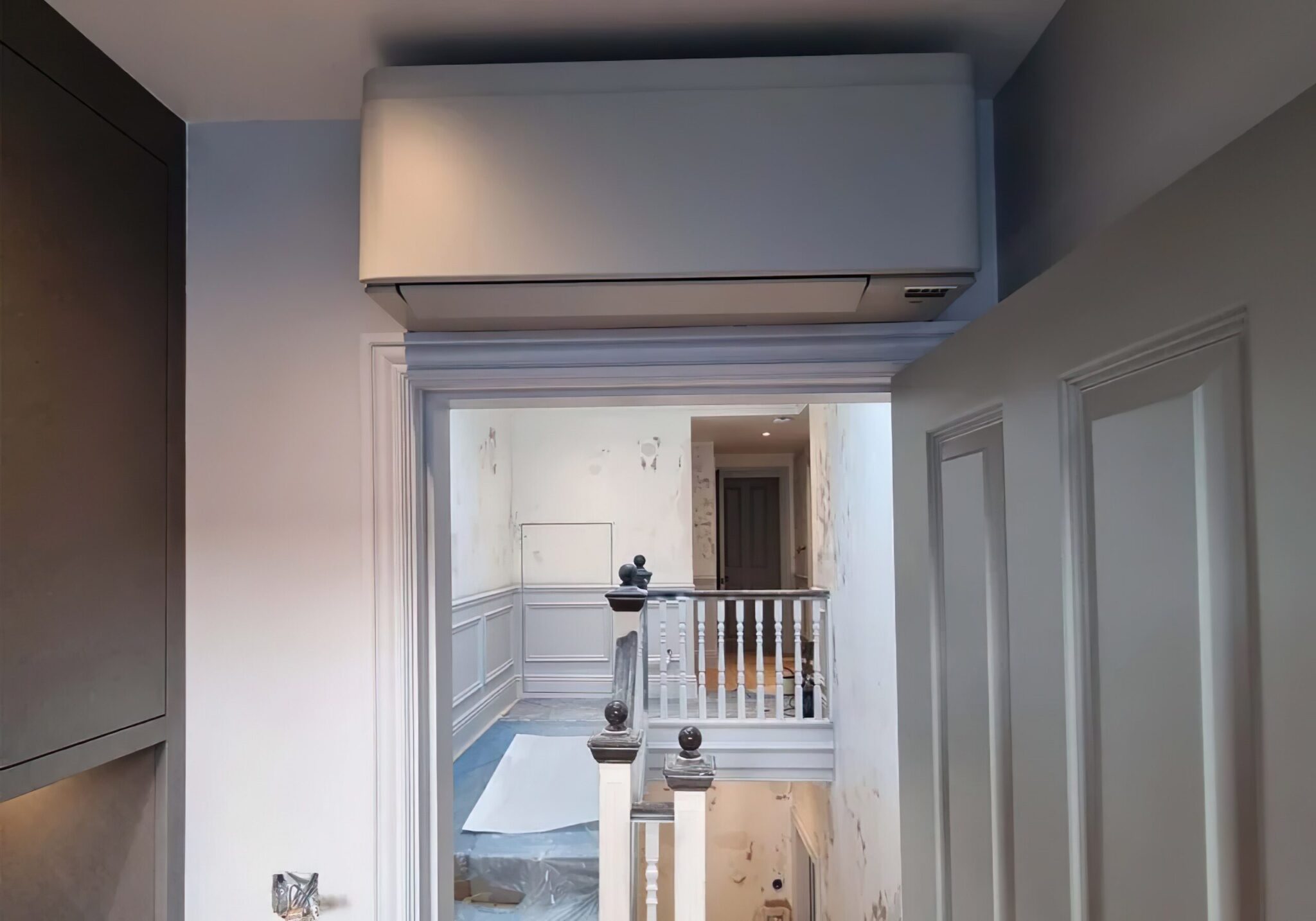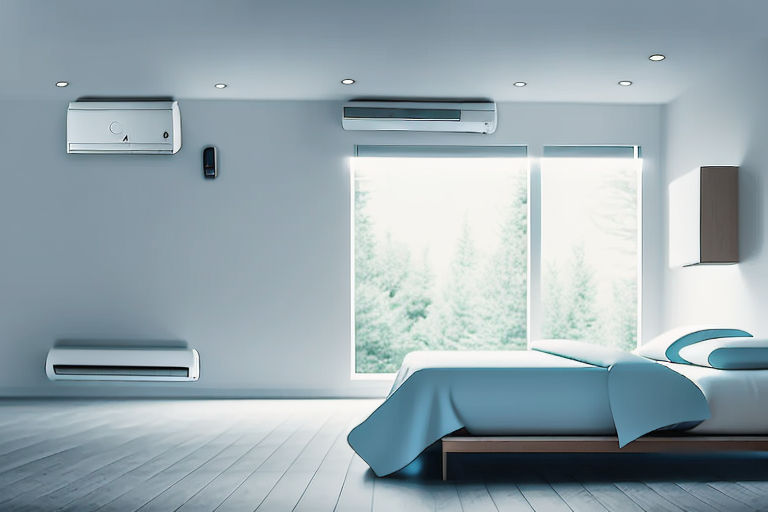

Understanding how much electricity your air conditioner uses daily can help you manage your energy consumption more effectively. The electricity consumption of an air conditioner varies significantly depending on the type and size of the unit as well as usage patterns and environmental conditions.
Central air conditioners are known for their efficiency in cooling large spaces but can be quite demanding in terms of electricity usage. Typically, they use between 3000 and 5000 watts per hour. If run for about 9 hours a day, they can consume a substantial amount of electricity, especially during the hotter months. To put this into perspective, running a central air conditioner for 9 hours daily can result in a significant addition to your electricity bill [4].
Window air conditioners are more common in smaller homes or individual rooms. They generally consume between 900 and 1500 watts per hour, making them a more economical choice for smaller spaces. Their electricity usage can still add up, especially if they are running continuously throughout the day [3].
Portable air conditioners, which offer flexibility in cooling specific areas, can use between 2900 and 4100 watts per hour. These units are convenient but can be less efficient than central or window units, leading to higher electricity consumption [3].
To estimate daily electricity use, multiply the unit’s wattage by the number of hours it runs each day and divide by 1000 to convert to kilowatt-hours (kWh). For example, a central air conditioner running for 9 hours at 3500 watts per hour would use approximately 31.5 kWh per day (3500 watts x 9 hours ÷ 1000 = 31.5 kWh) [1].
Consider upgrading to a unit with a higher SEER (Seasonal Energy Efficiency Ratio) rating. Higher SEER ratings indicate better efficiency, meaning the unit uses less electricity to cool the same amount of space. This upgrade can lead to significant savings on your electricity bill over time [1].
Performing regular maintenance on your air conditioner can improve its efficiency. Clean or replace filters regularly, clean the coils, and ensure there are no obstructions around the unit. These steps help the air conditioner run more efficiently, reducing its electricity consumption [5].
Adjusting your thermostat can have a significant impact on your air conditioner’s electricity use. Set the thermostat to a higher temperature when no one is home, or use a programmable thermostat to automatically adjust settings based on your schedule. This practice can reduce unnecessary cooling and save energy [3].
Improving your home’s insulation and sealing any leaks can prevent cool air from escaping, reducing the workload on your air conditioner. Proper insulation keeps your home cooler for longer periods, allowing your air conditioner to run less frequently and use less electricity [5].
Using ceiling fans in conjunction with your air conditioner can help distribute cool air more efficiently. This allows you to set the thermostat higher without sacrificing comfort, ultimately reducing the air conditioner’s electricity consumption [5].
Using blinds or curtains to block direct sunlight can reduce the cooling load on your air conditioner. By preventing excessive heat from entering your home, your air conditioner doesn’t have to work as hard to maintain a comfortable temperature [3].
Running your air conditioner during off-peak hours, when electricity rates may be lower, can also help manage electricity costs. Many utility companies offer lower rates during specific times of the day, so adjusting your cooling schedule accordingly can result in savings [3].
By implementing these strategies, you can manage your air conditioner’s electricity consumption more efficiently and potentially reduce your energy bills.
Implementing these tips and maintaining awareness of your air conditioner’s energy use can help you stay cool while also being mindful of your electricity consumption.


Contact us to arrange your free survey and quote. We'll arrange for one of our full-qualified team to visit you at a convenient time.
Contact Us
Read more about air conditioning and how to get the most out of it.
 Read More
Read More Read More
Read More Read More
Read MoreContact us using the details below or fill out the form and we'll be straight in touch.







Find out more about AAC Group and the complementary services we offer: